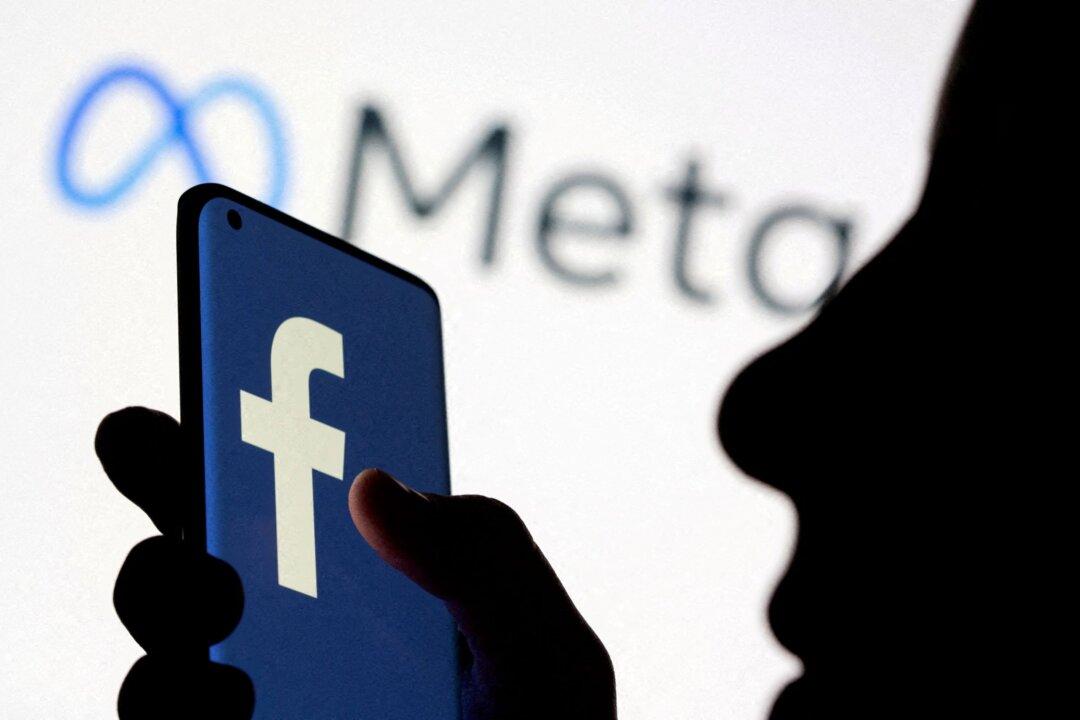A new report of research conducted by the Italian analytics firm Ghost Data reveals the full extent of counterfeit fashion on marketplaces owned by Meta Industries (formerly Facebook), revealing thousands of accounts trafficking in falsely branded “designer” clothing and accessories.
The report (pdf) revealed over 26,000 active counterfeit fashion accounts on Facebook and over 20,000 on Instagram. While the sum of these accounts is down from a peak of 56,000 in 2019, it indicates the fitful progress of Facebook/Meta Platforms in their efforts to eradicate these hawkers of illicit designer goods





